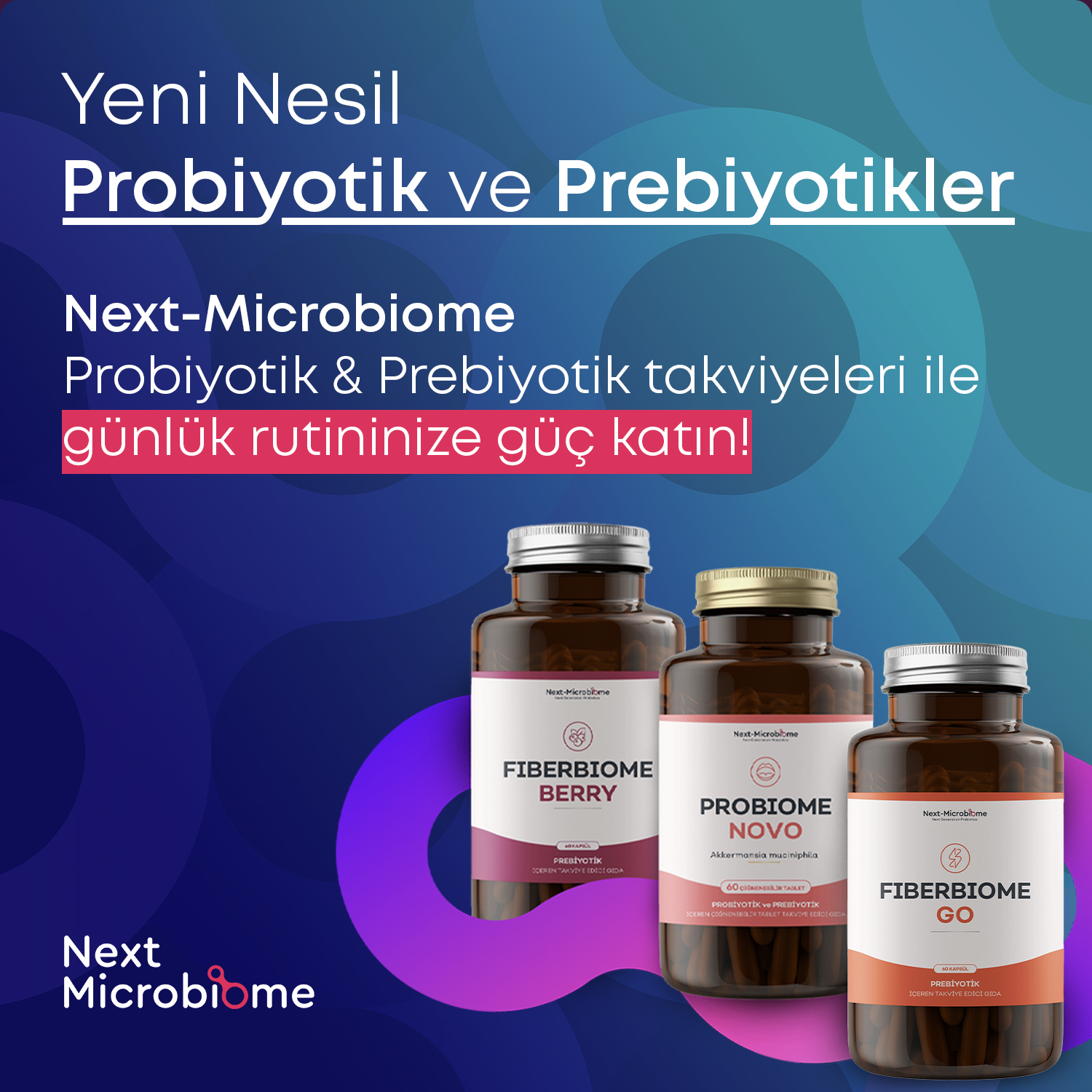Across the vast agricultural lands of the country, the miracles of modern farming are on display. However, beneath this bright image lies a crisis silently threatening human health. Industrial food production is filled with chemicals and antibiotics used to increase efficiency and lower costs. These practices not only harm the environment but also deeply affect human microbiota, leading to devastating consequences for global health.
Microbiota: The Hidden Heroes of Our Bodies
Deep within our intestines lies a complex ecosystem of trillions of microorganisms called the microbiota, which is crucial to our health. These microscopic organisms play vital roles in functions ranging from digestion to the immune system, mood regulation to obesity. As the hidden heroes of our bodies, microbiota protect us from diseases, help us digest food, and even influence our feelings of happiness.
The Dark Side of Industrial Food Production
Industrial food production relies heavily on the use of chemicals and antibiotics to increase efficiency and reduce costs. Pesticides, herbicides, hormones, and antibiotics are used at every stage of the food production process to extend shelf life, protect against diseases, and accelerate growth. In organic farming, a single hectare yields 5 units of produce, whereas with chemicals, 50 units—10 times more—are produced. However, these practices come with significant health risks.
The Impact of Chemicals on the Microbiota
Pesticides and herbicides are chemicals used to protect plants from pests. However, when these chemicals enter our bodies through food, they negatively impact our gut microbiota. By killing beneficial bacteria, they allow harmful bacteria to proliferate, causing imbalances in our gut. These imbalances pave the way for health issues ranging from digestive problems and weakened immune systems to cancer and autoimmune diseases.
The Impact of Antibiotics on the Microbiota
Antibiotics are widely used in livestock to prevent infections and promote growth. However, these antibiotics also affect the bacteria in the animals' intestines, leading to the development of antibiotic-resistant bacteria. These resistant bacteria can transfer to humans through food, causing significant changes in our gut microbiota. Antibiotic resistance makes infections harder to treat and poses a major threat to global health.
Devastating Consequences for Global Health
The imbalances in microbiota caused by industrial food production have devastating consequences for global health. Obesity, diabetes, heart disease, cancer, autoimmune diseases, and even depression are all linked to microbiota imbalances.
In children, early antibiotic use and unhealthy eating habits negatively affect the development of microbiota, increasing the likelihood of chronic diseases later in life. Additionally, microbiota imbalances weaken the immune system, making the body more vulnerable to infections and triggering allergic reactions.
A Ray of Hope: Sustainable Agriculture and Conscious Consumption
The way out of the health crisis caused by industrial food production is to transition to sustainable farming practices and develop conscious consumption habits. Organic farming, by minimizing the use of pesticides and herbicides, protects soil health and enhances the nutritional value of food. At the same time, limiting the use of antibiotics in livestock and ensuring animal welfare protects both animal and human health.
As consumers, we can contribute to this change by choosing organic and local products, avoiding processed foods, and developing conscious consumption habits. By carefully reading food labels and becoming informed about food production processes, we can make healthier choices.
Industrial food production relies heavily on chemicals and antibiotics to increase efficiency and reduce costs. However, these practices pose serious threats to human health and the environment. Pesticides, herbicides, and antibiotics enter our bodies through food, negatively impacting our gut microbiota and paving the way for chronic diseases like obesity, diabetes, heart disease, cancer, autoimmune diseases, and even depression.
Probiotics and prebiotics can play a crucial role in slowing down the global dysbiosis caused by chemicals and pesticides. Probiotics are beneficial bacteria that naturally exist in our intestines or are taken as supplements. These bacteria strengthen the gut barrier, preventing harmful substances from entering the body and supporting the immune system. Prebiotics, on the other hand, are fibrous components that serve as food for probiotics. Prebiotics help probiotics multiply and enhance their effectiveness, aiding in restoring the balance of the gut microbiota. Chemicals and pesticides can kill beneficial bacteria in our intestines, leading to the overgrowth of harmful bacteria and dysbiosis. The use of probiotics and prebiotics can help mitigate these harmful effects, restore the balance of the microbiota, and slow down global dysbiosis.
The way out of this crisis is through transitioning to sustainable agricultural practices and developing conscious consumption habits. Organic farming, ensuring animal welfare, and conscious consumption are the most important steps we can take to protect both our health and the health of future generations. Let's not forget, everything we eat not only nourishes us but also shapes our health and our future.
San Francisco, California, USA
Ali R. Akın

